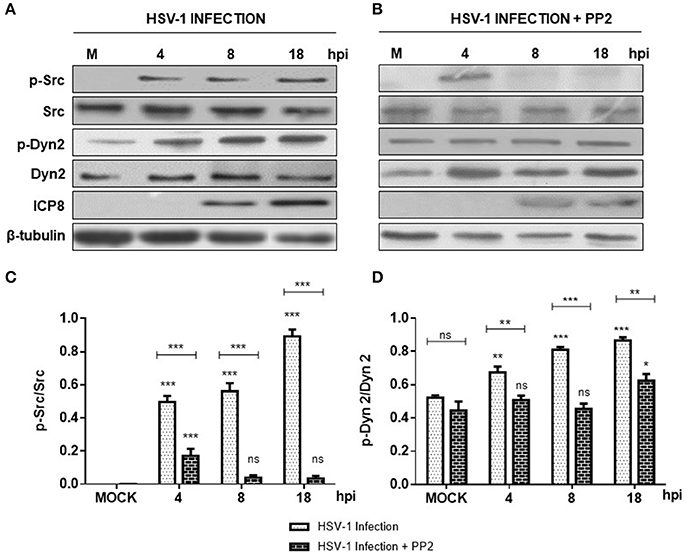

Resistance to HIV has been in many cases attributed to the presence of HIV-specific T cell responses ( 4, 5, 6, 7, 8, 9, 10, 11, 12, 13). This has been best documented in HIV infection, where multiply exposed, uninfected persons have been described by many investigators. Acquired resistance to a human herpesvirus has not been documented however, there are precedents for acquired resistance in other human viral infections. In prospective studies of couples discordant for HSV-2 where the HSV-seronegative partner was consistently exposed to infectious secretions, the acquisition rate of HSV-1 and HSV-2 averaged <7% yearly ( 1, 2, 3), suggesting that resistance to HSV infection may be acquired by persons with chronic exposure to the virus. HSV-1 and -2 are ubiquitous pathogens, and hence, susceptibility to infection was believed to be common, if not universal, in all populations. Herpes simplex viruses type 1 (HSV-1) and 2 (HSV-2) cause a variety of medically significant infections, especially in immunosuppressed subjects. Understanding the basis of these acquired immune responses may be critical in developing effective vaccines for genital herpes. The identification of persistent T cell responses to HSV in seronegative subjects is a novel finding in the herpesvirus field and suggests either undetected infection or acquired immunity in the absence of infection. No evidence of HSV was detected in >1500 samples obtained from these IS subjects. Oral and genital mucosal secretions were sampled and tested for the presence of infectious HSV and HSV DNA. All six IS subjects had potential sexual exposure to an HSV-2-infected sexual partner. CD4 + T cell clones were isolated that recognized and had high binding affinities to epitopes in HSV-2 tegument proteins. Of these six immune seronegative (IS HSV-seronegative with HSV-specific T cell responses) subjects, two had transient HSV-specific T cell responses, while four had CD4 + and CD8 + T cell responses directed at HSV that persisted for up to 4 years. During the course of investigating T cell responses to HSV among volunteers entering trials of investigational genital herpes vaccines, 6 of the 24 immunocompetent subjects with no prior history of oral/labial or genital herpes possessed HSV-specific T cell immunity but, by multiple determinants of even the most sensitive serological assays, remained seronegative to HSV-1 and -2.


 0 kommentar(er)
0 kommentar(er)
